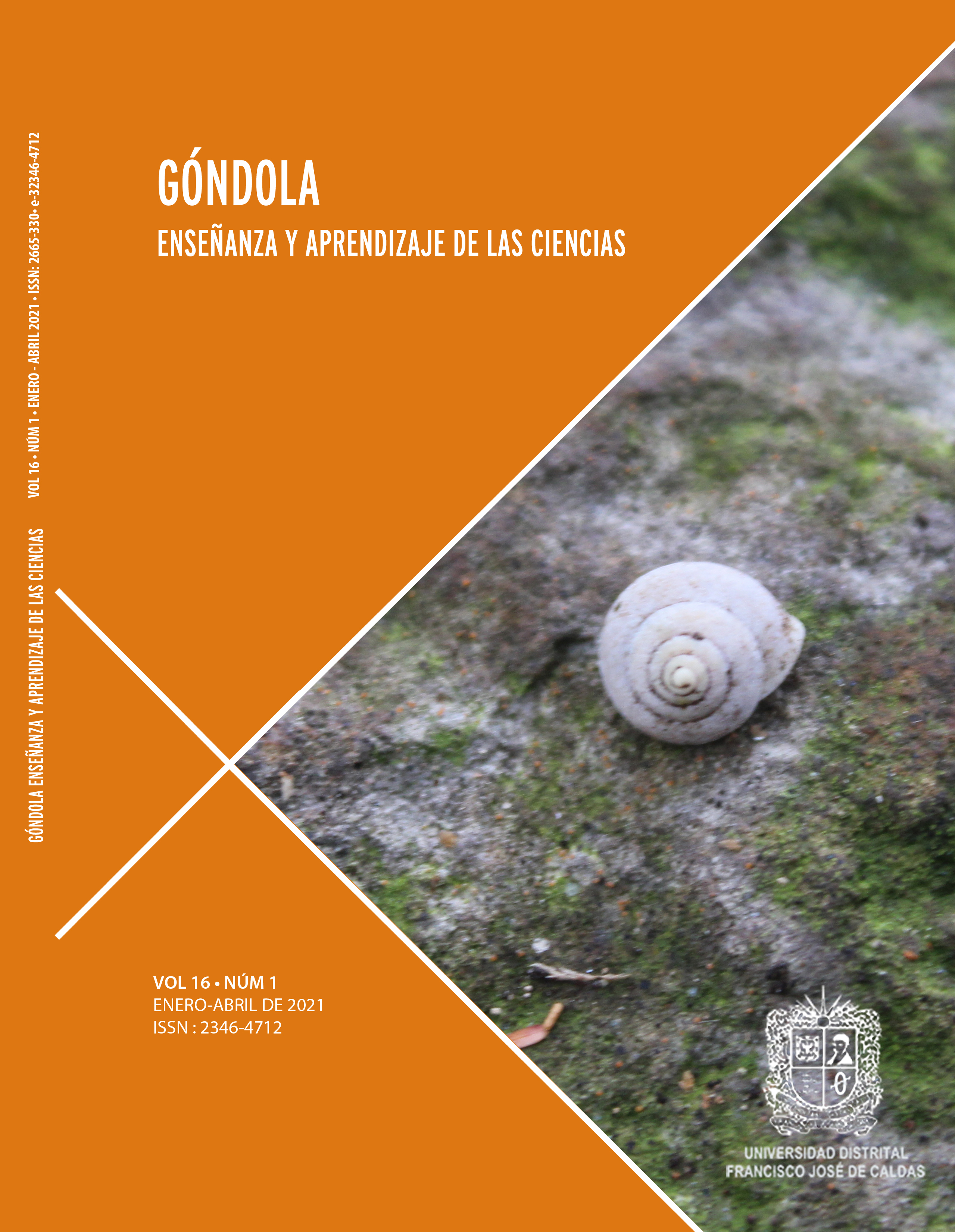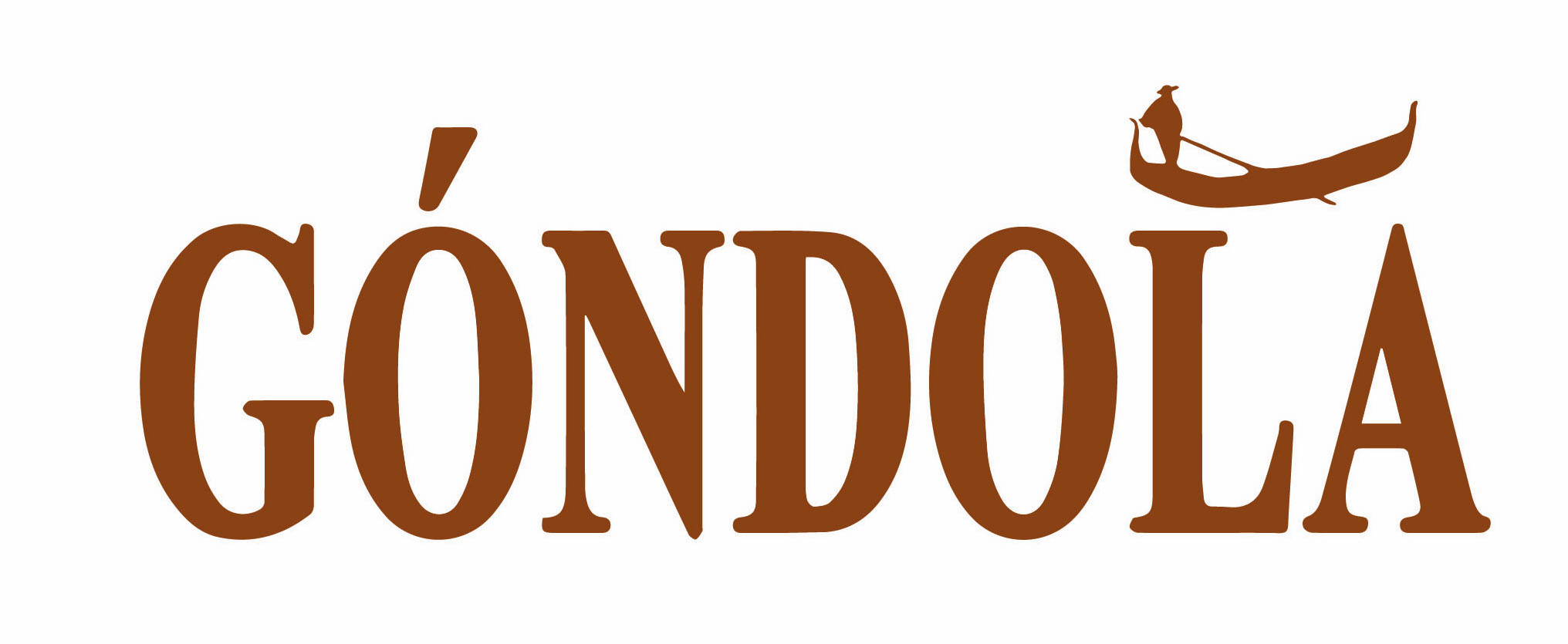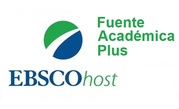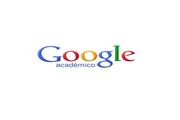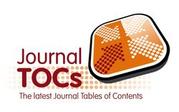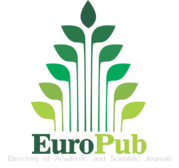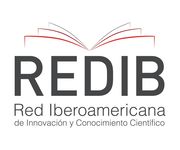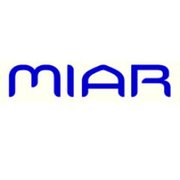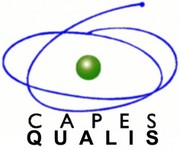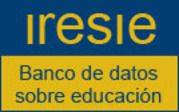DOI:
https://doi.org/10.14483/23464712.17712Published:
2021-03-16 — Updated on 2021-03-23Issue:
Vol. 16 No. 1 (2021): January-AprilSection:
EDITORIALDejarnos enseñar de Comenius lo que sabemos que ignoramos
Let us teach by Comenius what we know we ignore
Nos deixar ensinar de Comenius o que sabemos que ignoramos
Keywords:
Comenius, Teaching, Education (en).Keywords:
Comenius, educação, Ensino (pt).Keywords:
Comenius , Educación, Enseñanza (es).Downloads
Abstract (es)
Hacer de la escuela un fenómeno privilegiado de reflexión es, sin lugar a duda, un gesto que desde hace mucho venimos realizando. Así, las inquietudes relacionadas con la enseñanza, la pregunta por el profesor, las deseables características volitivas y cognitivas en los aprendices o aquellas discusiones sobre el saber —por mencionar algunos aspectos que atañen a la discusión sobre la pedagogía— han sido asuntos de marcado interés para algunos: Jenofonte (cf. Ciropedia), Platón (cf. Menón, Banquete...), Clemente de Alejandría (cf. El pedagogo), Juan Luis Vives (cf. Diálogos sobre educación, Las disciplinas, Instrucción de la mujer cristiana), Erasmo de Rótterdam (cf. Educación del príncipe cristiano), Pestalozzi (cf. Cartas sobre la educación de los niños, Cómo Gertrudis enseña a sus hijos, Libros de educación elemental...), Rousseau (cf. Emilio o de la educación), Claparède (cf. La educación funcional, La escuela y la psicología...), Piaget (cf. Educación e instrucción, Psicología y pedagogía), por mencionar unos pocos.
Abstract (en)
Making school a privileged phenomenon of reflection is with certainty, a gesture that we have been carrying out for a long time. Thus, the concerns related to teaching, the question about the teacher, the desirable volitional and cognitive characteristics in the learners, or those discussions about knowledge - to mention some aspects that concern the discussion about pedagogy - have been matters of marked interest. for some: Xenophon (cf. Ciropedia), Plato (cf. Meno, Banquet ...), Clement of Alexandria (cf. The pedagogue), Juan Luis Vives (cf. Dialogues on education, The disciplines, Instruction of Christian women ), Erasmus of Rotterdam (cf. Education of the Christian prince), Pestalozzi (cf. Letters on the education of children, How Gertrude teaches her children, Elementary education books ...), Rousseau (cf. Emilio o de la education), Claparède (cf. Functional education, School and psychology ...), Piaget (cf. Education and instruction, Psychology and pedagogy), to name a few.
Abstract (pt)
Fazer da escola um fenômeno privilegiado de reflexão é, sem dúvida, um gesto que temos realizado há muito tempo. Assim, as preocupações relacionadas com o ensino, a questão do professor, as características volitivas e cognitivas desejáveis nos alunos ou aquelas discussões sobre o conhecimento - para citar alguns aspectos que dizem respeito à discussão sobre a pedagogia - têm sido questões de interesse marcante. Xenofonte (cf. Ciropédia), Platão (cf. Mênon, Banquete ...), Clemente de Alexandria (cf. O pedagogo), Juan Luis Vives (cf. Diálogos sobre a educação, As disciplinas, Instrução da mulher cristã), Erasmus de Rotterdam (cf. Educação do príncipe cristão), Pestalozzi (cf. Cartas sobre a educação dos filhos, Como Gertrudes ensina seus filhos, Livros do ensino fundamental ...), Rousseau (cf. Emilio o de la educação), Claparède ( cf. Educação funcional, Escola e psicologia ...), Piaget (cf. Educação e instrução, Psicologia e pedagogia), para citar alguns.
How to Cite
APA
ACM
ACS
ABNT
Chicago
Harvard
IEEE
MLA
Turabian
Vancouver
Download Citation
License
Copyright (c) 2021 Autor y Góndola. Enseñanza y Aprendizaje de las Ciencias

This work is licensed under a Creative Commons Attribution-NonCommercial-NoDerivatives 4.0 International License.
Gondola, Ens Aprend Cienc. is an open-access publication, free of charge for authors and readers. The publication, consultation or download of the contents of the magazine does not generate any cost for the authors or the readers, since the Francisco José de Caldas District University assumes the expenses related to edition, management and publication. The peer evaluators do not receive any economic retribution for their valuable contribution. The work of all the actors mentioned above is understood as a contribution to the strengthening and growth of the research community in the field of Science Education.
As of December 1, 2018 the contents of the journal are published under the terms of the Creative Commons License Attribution-Noncommercial- ShareAlike 4.0 International (CC-BY-NC-SA 4.0), under which others may distribute, remix, retouch, and create from the work in a non-commercial way, give credit and license their new creations under the same conditions.
The copyright holders are the authors and the journal Gondola, Ens Aprend Cienc. The holders retain all rights without restrictions, respecting the terms of the license in terms of consultation, downloading and distribution of the material.
When the work or any of its elements is in the public domain according to the applicable law in force, this situation will not be affected by the license.
Likewise, we encourage authors to deposit their contributions in other institutional and thematic repositories, with the certainty that culture and knowledge is a good of all and for all.

